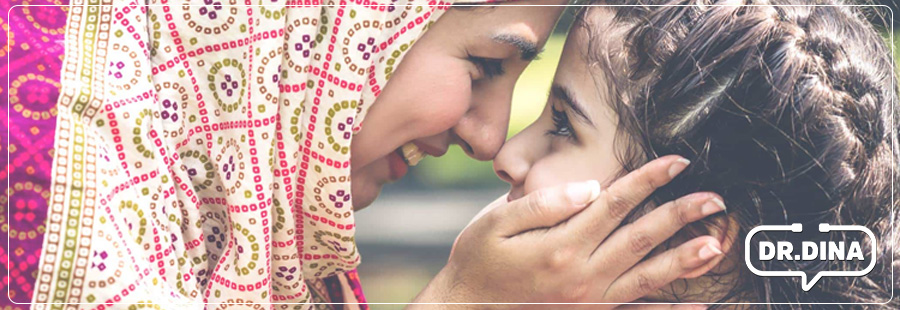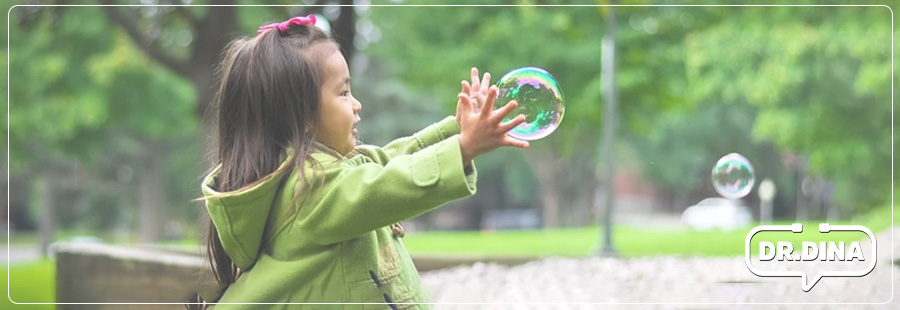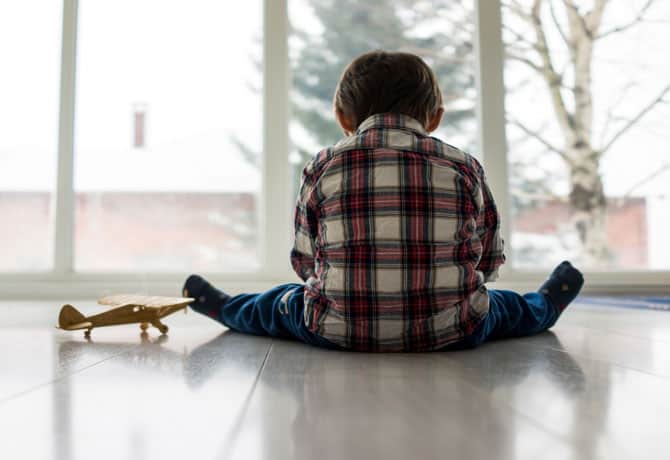Let’s talk about the pros and cons of a mental health diagnosis!
There are pros and cons to mental health diagnosis. So what does it mean for your child?
From the time they arrive into our lives, we cannot help but compare our children – How much did he weigh? How much does she sleep? Are you able to put yours down quickly? Is she saying much yet?
If your child’s behavior starts to seem quite different from their peers, you may begin to wonder if there is “something wrong with them.” While children develop at different rates, a clinical assessment from a mental health professional and possibly some early intervention can be beneficial.

Consulting With A Mental Health Professional Can Have Great Benefits For Your Child
As children get older, the question of their mental health diagnosis may come up either from parents seeking out information or at the suggestion of school or a relative. Sometimes, a child or adolescent who has been progressing fine suddenly becomes very angry, sad, or worried all the time. And at this point, you might wish to seek out support from a health care professional.
What are the pros and cons of having your child assessed for mental health conditions?
The Background
Mental health diagnoses differ from many physical health diagnoses. There is no definitive test or physical exam (e.g., blood test, brain scan, etc.) to detect whether someone has a mental health disorder. Instead, mental health diagnoses are made based on psychological evaluation: clinical interviews, observations, often rating scales, and sometimes tasks and tests the child is asked to complete.
Depending on the country you are in and the provider you see, you will be more or less likely to be given a diagnosis. For example, in the United States, any client billed through insurance requires a diagnosis for the insurer to agree to pay. However, in the United Kingdom and Canada, diagnosis is often not needed to access therapy.
Criteria for mental health diagnoses are developed based on research findings, discussion, and consensus among mental health professionals. Despite this, there can be overlap between different diagnoses, and every diagnosis that is made is based (at least in part) on the professional’s opinion.
The criteria for mental health diagnoses get updated periodically. During these updates, criteria may change, and some diagnoses may be eliminated.
Mental health diagnoses can be presented as fixed parts of a person. Still, it is essential to consider that things change over time, and a mental health diagnosis is not always a diagnosis for life.
Pros of Mental Health Diagnosis:
- It gives access to specialized services.
- It gives a name to the problem.
- Giving it a name means someone has seen it before, and you are not alone.
- It gives a shared language for professionals and people experiencing similar problems.
- Having a name for it may help you explain it to others.
- A diagnosis can link to specific interventions.
- The problem becomes the illness rather than the child.
Cons to Mental Health Diagnosis:
- There are differences in clinical assessment, and one professional may provide a diagnosis that another disagrees with. This can get confusing or lead to someone having multiple diagnoses.
- There can be a stigma associated with mental health diagnoses.
- Parents or young people may over-identify with an illness model. This may reinforce the problem, e.g., parents do not encourage an anxious child to try new things.
- A diagnosis emphasizes the problem being in the child/person and is less likely to consider other factors, e.g., family and peer interactions.
- Mental health diagnoses are a Western explanation and discount other cultural explanations.
What Are the Alternatives to Mental Health Diagnoses?

Mental health professionals may work to understand the problem in the child or young person’s family, social, and educational context without necessarily feeling the need to give a formal diagnosis. They may look at what, if anything, is reinforcing the problem? Is the child gaining anything from it? How do the child’s interactions with others affect the problem?
Clinical interventions and strategies can be used with both parents and children without a formal diagnosis, and can be a great form of complementary and alternative therapies.
What to Do if You Are Concerned About Your Child?
Some mental health professionals (psychologists, social workers, family therapists, psychiatrists, developmental assessment teams, etc.) take direct referrals, and others require a referral from another professional (most typically the child’s doctor). In general, you are more likely to need a referral to access public services, and can access private services directly.
If you are concerned about your child, a good starting point is to speak to your child’s doctor. Your child’s school may also know about the local mental health services or resources in your area. In addition, professional organizations, e.g., a state or province psychological association, often have search engines to find you a health provider, some of whom may not require a referral from another mental health professional.
Frequently Asked Questions

Talking about children’s mental health issues is so important, and therefore I want to make sure I answer any questions you might have about your child’s mental health issues. The following are the most frequently asked questions. Most frequently asked questions come under the general umbrella of What are the advantages and disadvantages of labeling? So, let’s take a look.
1. Why Is It Bad to Label Somebody with A Mental Health Condition?
As we’ve discussed, labeling a child with a mental health disorder is not necessarily a bad thing. It may mean that the child gets the help they need. However, there are always some drawbacks.
Firstly, the label may stick with your child as they get older, leading to some problems with peers or even professionals treating the child differently. This is the main drawback for me. However, if your child has a mental illness, the positives associated with receiving treatment (which is sometimes only available with a diagnosis) far outweigh any drawbacks.
2. What Are the Benefits of Labeling Mental Health Disorders?
The benefits of labeling a mental health condition are mostly centered around the child and the parents/family members gaining the support they need. For everything from generalized anxiety disorder to major depressive disorder, one thing remains constant: it is important to take mental health seriously.
A mental illness is just that: an illness. Labeling them as medical conditions can ensure the child gets the most appropriate treatment. If you’re ever in doubt, see your family doctor. It is always better to seek support than to brush it under the carpet.
3. How Does Labeling Affect Mental Illnesses?
There are tons of studies out there that consider the impact of labeling a person with a mental illness. It has been suggested that once a person has a diagnosis, they are given the equivalent of a new identity. There’s a worry amongst parents that you are giving them a self-fulfilling prophecy by labeling a child.
My advice is this. If a child has a mild or serious mental illness, the diagnosis is not something to be scared of. It enables you to get the help your child needs.
If you have any concerns about your child, please seek professional help. First, see your child’s doctor. They will offer personalized advice and support you and your child, no matter the circumstances.
4. What Are Some Commonly Labeled Mental Health Disorders?
According to the American Psychological Association, the most commonly treated mental health conditions are anxiety and depressive mental disorders. Examples of mental illnesses include:
- Generalized anxiety disorder
- Major depressive disorder
- Post-traumatic stress disorder
- Personality disorders
- Bipolar disorder (and related conditions)
Mental health disorders like these are more common than you think: over 18% of adults in the US experience some kind of anxiety disorder. To learn more about various mental health conditions, consult the Diagnostic and Statistical Manual of Mental Disorders, published by the American Psychiatric Association.










